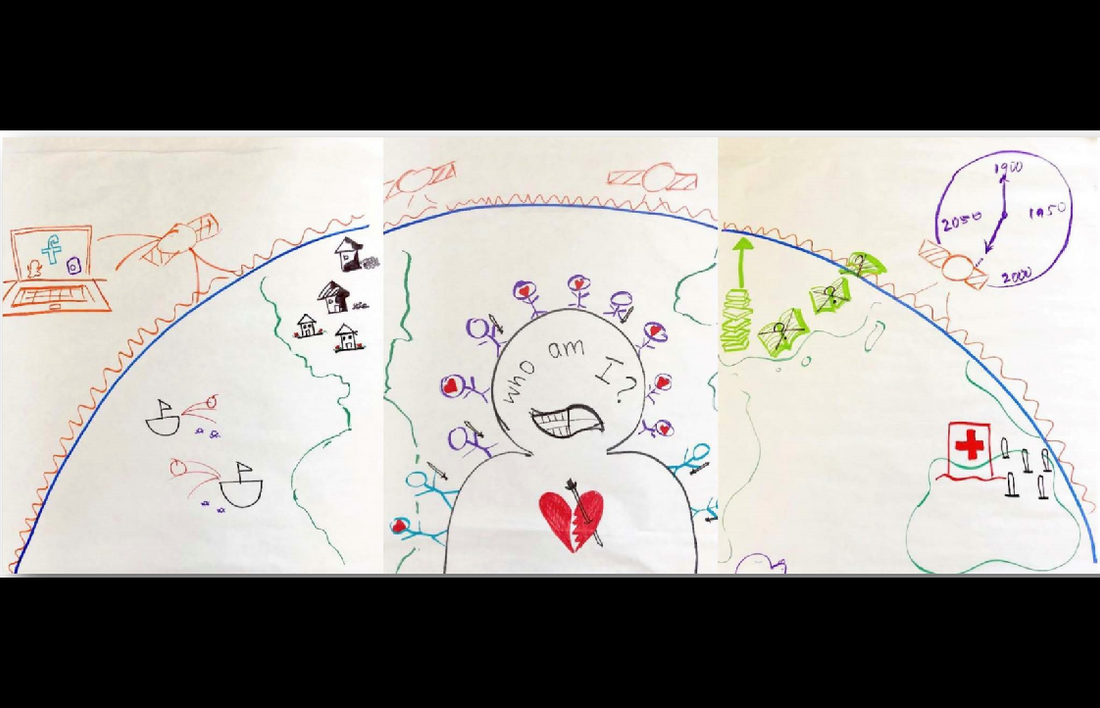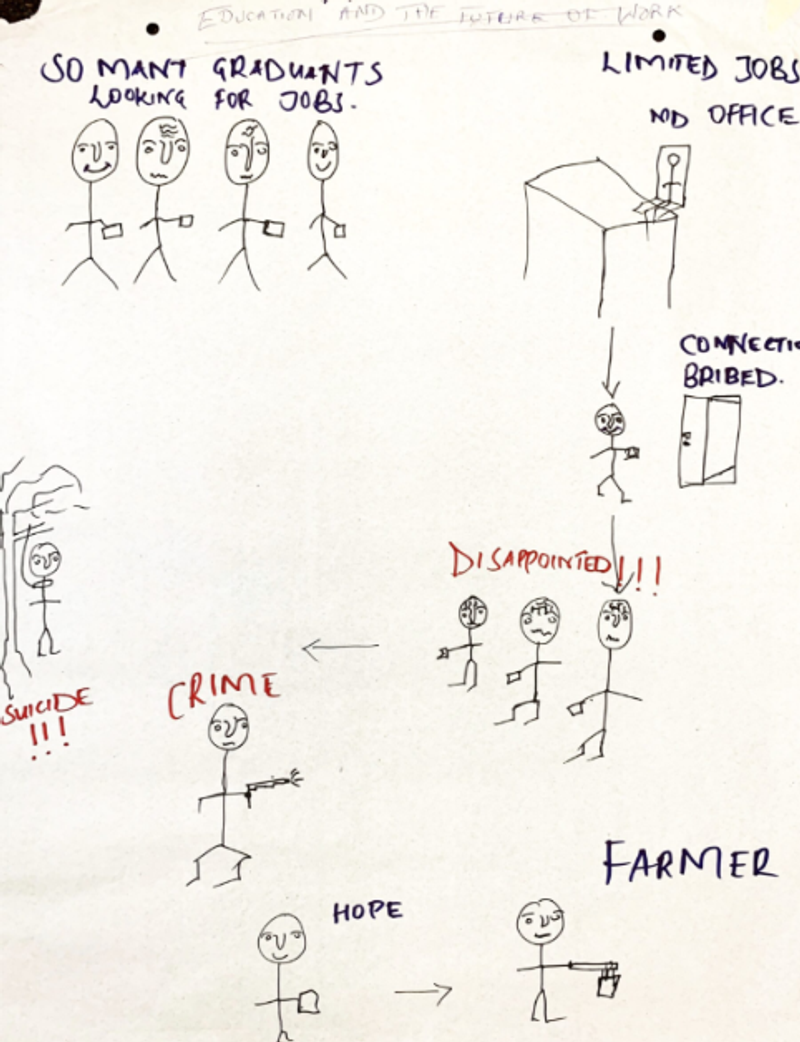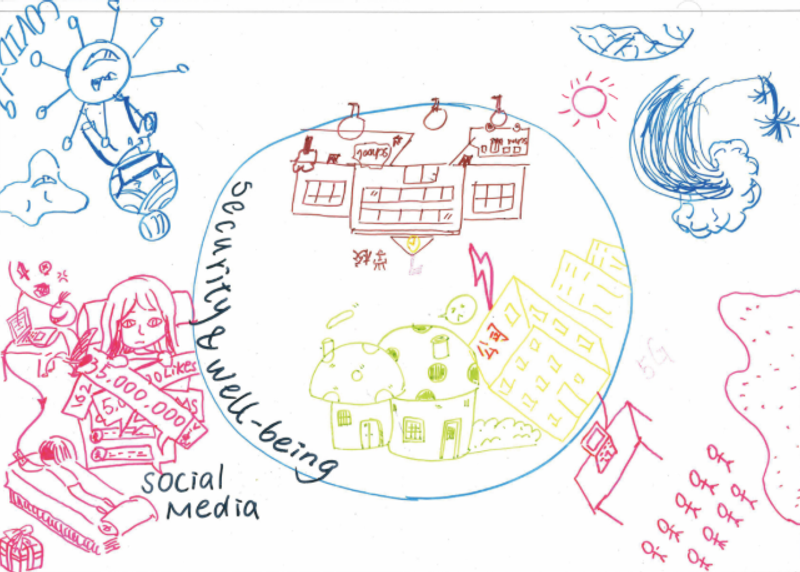The Leaders for Today and Tomorrow

A study by the Committee on Global Thought reveals how young people are already shaping politics, technology, and climate action today.
Over the past seven years, we have often heard the same refrain from young people in vastly different contexts. In Amman, a woman insisted, "Change will only come from young people." A Brazilian student, reflecting on political turmoil, said, "We are living through a divided country and we know we will be the ones to repair it." An American community college student summed up the mood: "There is so much instability in the world and we don’t know where it’s headed. But we want to make a change — some of us don’t know how."
These statements, collected in Youth in a Changing World (YCW) — a multi-year study by Columbia Global’s Committee on Global Thought — challenge our assumptions about youth. From climate change and political polarization, to digital transformation and global health crises, young people face profound challenges and opportunities. Between 2018 and 2021, YCW spoke with over 400 youth of 25 nationalities in 16 workshops across 10 countries. The project engaged youth at every stage — from facilitation and data collection, to analysis and publication. Peer dialogue, collaborative drawing, and partnerships with Columbia Global Centers ensured youth voices came through directly.

The study also captured youth experiences during the pandemic, highlighting their adaptability. It reveals a generation shaped by constant exposure to global information and culture. They shift easily between local and global perspectives, seeing themselves as citizens of both neighborhoods and the world. Far from apathetic, they are acutely aware — of both opportunities and barriers.
Yet they are also marked by exclusion. Education systems prepare them for jobs that no longer exist. They are politically active, but often through channels that older generations dismiss as unserious — protests, digital campaigns, online organizing. They see inequality and privilege, yet perceive little opportunity to alter entrenched hierarchies. Their frustration lies not with politics itself but with "old politics": nepotism, exclusion, and leaders who dismiss them.
How Should We Respond?
The implications are urgent for policymakers and institutions. Key findings indicate:
- A global generation with cross-border empathy. Youth are shaped by global awareness and shared experiences, enabling recognition of local and international inequalities..
- Youth feeling underestimated and misunderstood. Older generations overlook the complexity of challenges they face, from outdated schools to economic uncertainty.
- New forms of political inclusion and engagement. Older generations mistake youth hesitation to vote or engage in "old politics" as apathy, when many are disillusioned with traditional channels. Social media has given them agency.

For international organizations, findings underscore the need to treat youth not as a demographic to manage but as a constituency to consult. For universities, they suggest that global education must go beyond producing employable graduates to equipping young leaders to navigate uncertainty. For governments, they remind us that legitimacy depends on intergenerational inclusion.
Most clearly, the study shows uncertainty as the defining attribute of youth today. Yet uncertainty is not hopelessness. Participants expressed optimism about human ingenuity, technology, and collective action. They are not asking for guarantees; they are asking for agency.
The challenge is to listen seriously, invite youth to the table, and translate their perspectives into policy. Today’s young people will live with the consequences of today’s decisions. They deserve a voice.
Learn More
- Youth in a Changing World (including the full study)
- YCW digital publication launch event, to be held on Columbia’s Morningside campus on September 29 at 6 PM